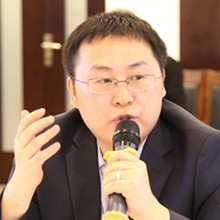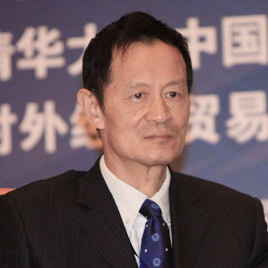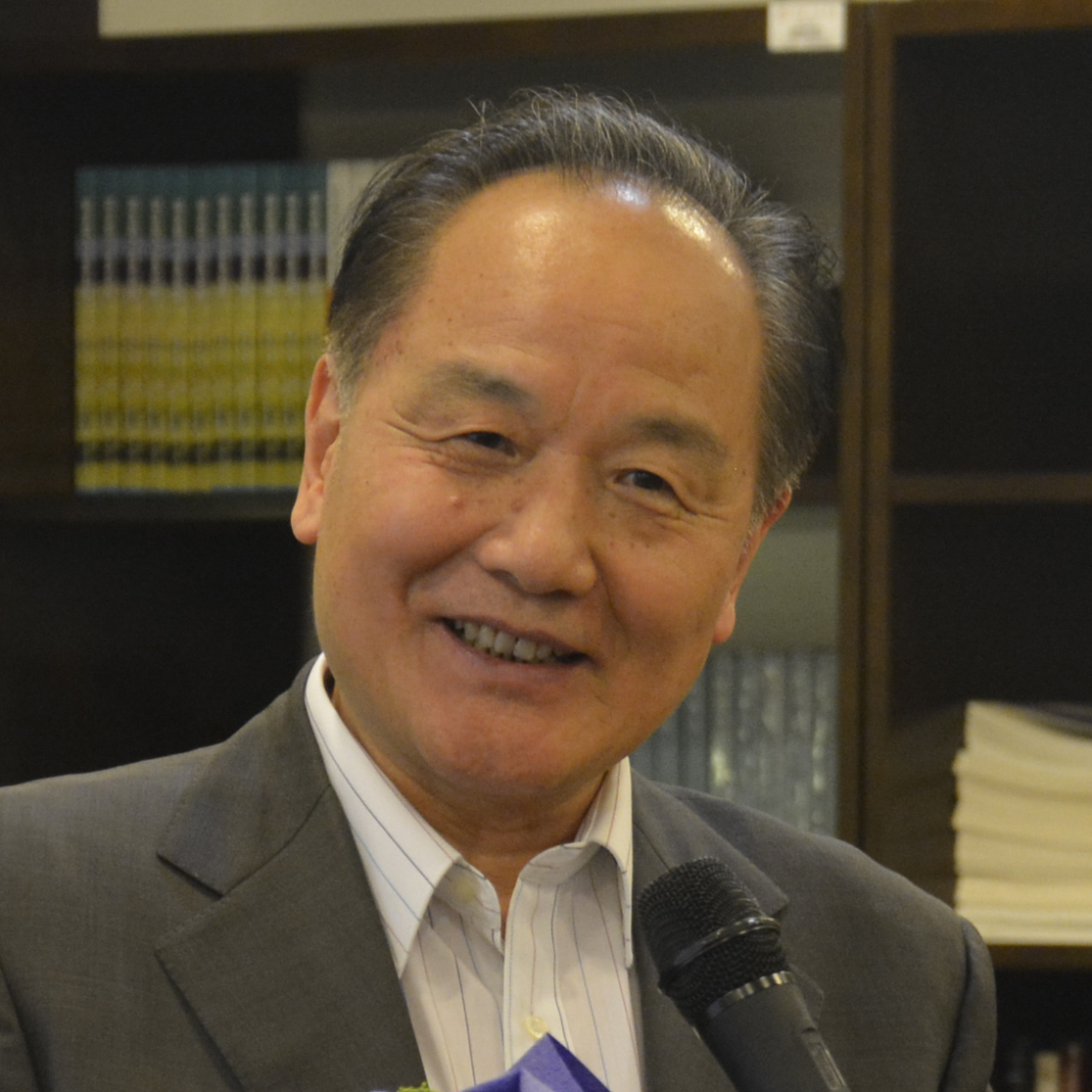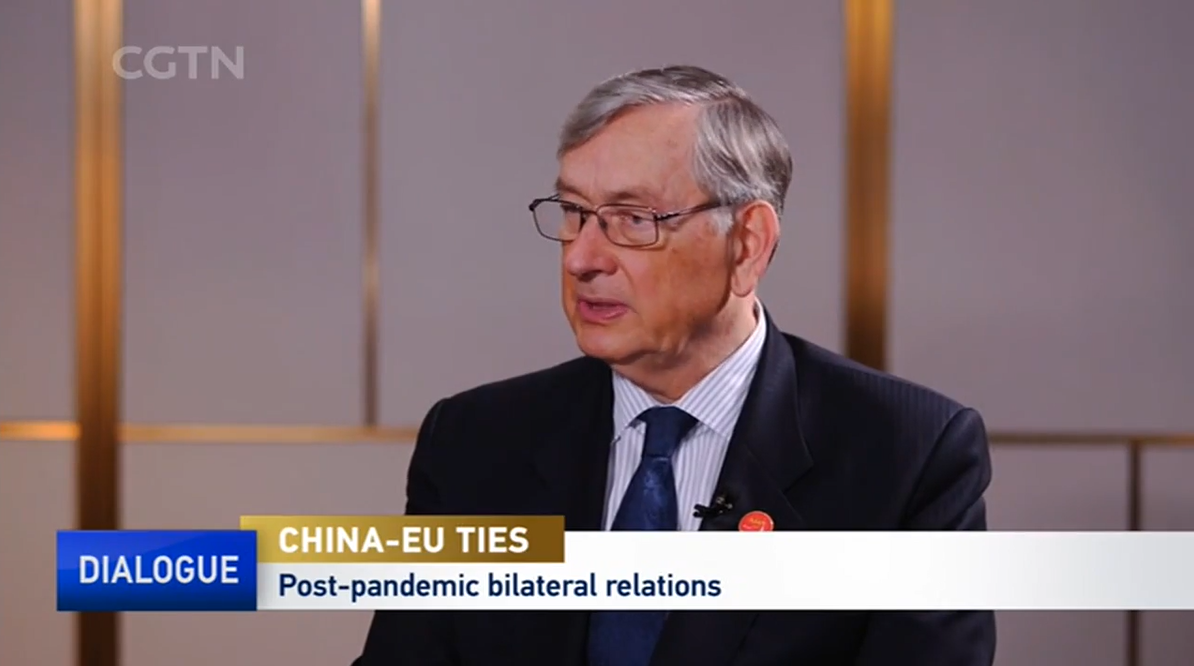Commentaries
Your Present Location: Teacher_Home> He Weiwen> CommentariesAsia, Europe will not be blackmailed by Trump
Source: Global Times Published: 2018-8-31
China will not yield to any threat or pressure from the US, and the problem can only be solved through "equal, credible and pragmatic" dialogue, the Chinese Foreign Ministry said on Friday in response to US tariffs on $200 billion Chinese goods which would likely take effect next week.
Hua Chunying, a spokesperson of the Ministry of Foreign Affairs, said at a regular press conference in Beijing on Friday that "the tough measures" implemented by the US are useless on China, and will not solve the problem. "People who still believe China will submit to intimidation, threats and groundless accusations should wake up."
US President Donald Trump wants to move ahead with a plan to impose tariffs on $200 billion in Chinese goods "as soon as a public-comment period concludes next week," according to people familiar with the matter, Bloomberg reported on Friday.
Asked to confirm the plan in an interview with Bloomberg News in the Oval Office on Thursday, Trump smiled and said it was "not totally wrong."
China's stance is consistent, Hua said. "Solve the problem through equal, credible and pragmatic dialogue based on mutual respect," and this does not only serve the fundamental interests of the two sides but also is what the international community wants to see, she noted.
The $200 billion tariffs are very likely to take effect, because the US government doesn't care about opposition from US companies, said Diao Daming, an American studies expert and associate professor at Renmin University of China, told the Global Times on Friday. "This will cause trade frictions to escalate."
The list of goods that would get hit by tariffs is still being finalized, but the initial list shows a shift in Trump's trade-war strategy. It includes many consumer goods, such as fabrics and hats, while previous tariffs focused mostly on industrial goods like machinery, the Business Insider reported on Thursday.
So this will raise the living costs of almost every US consumer and production costs of US companies, which means Trump will be pressured, Diao said. "Trump probably will divide the $200 billion tariffs and impose them step by step so he can ease the pressure, or he can also offer exemptions on some goods."
After the US announced the possibility of imposing tariffs on $200 billion Chinese goods on August 2, China also announced its retaliation the following day, imposing additional tariffs on 5,207 US items worth $60 billion.
If those measures go forward, almost all US goods heading to China would be subject to tariffs, Business Insider reported.
Not only trade in goods will be impacted, Diao said, noting that the $60 billion retaliation only targets US goods, but China's retaliation will very likely cover more areas, including services, and will concentrate on specific industries.
Trump also criticized the "management of the yuan," saying China has devalued its currency in response to a recent slowdown in economic growth.
Trump's criticism is nonsense, because the yuan's depreciation has nothing to do with China's currency management, said He Weiwen, a former economic and commercial counselor at the Chinese consulates in San Francisco and New York.
Pulling out from WTO?
Trump said he would pull out of the WTO if it doesn't treat the US better, targeting a cornerstone of the international trading system. "If they don't shape up, I would withdraw from the WTO," Trump said Thursday in an Oval Office interview with Bloomberg. Trump said the agreement establishing the body "was the single worst trade deal ever made."
"Maybe Trump believes his strategy is working on Mexico and Canada because these two countries are compromising on NAFTA (North American Free Trade Agreement), so he believes the US can use this to deal with other economies on trade as well, and that the WTO is useless," Diao said.
However, Mexico and Canada rely heavily on the US, which offers Trump more leverage to blackmail them, Diao noted. "But not everyone like these two countries. If the US deals with Asian and European economies the same way, it will be rebuked. A trade organization based on rules is still needed."
He Weiwen is a senior fellow of Chongyang Institute for Financial Studies at Renmin University of China.

















































































 京公网安备 11010802037854号
京公网安备 11010802037854号





